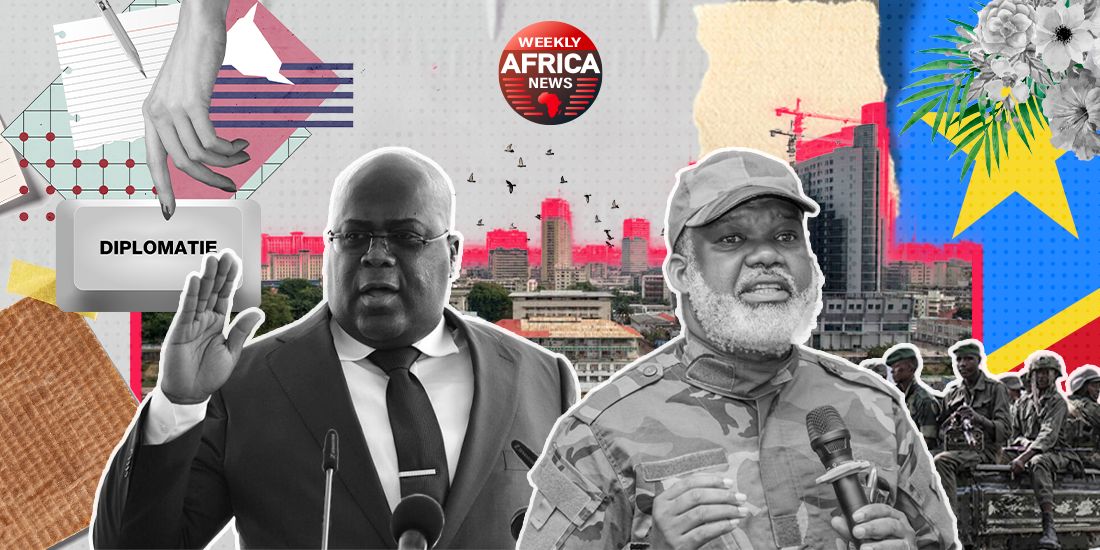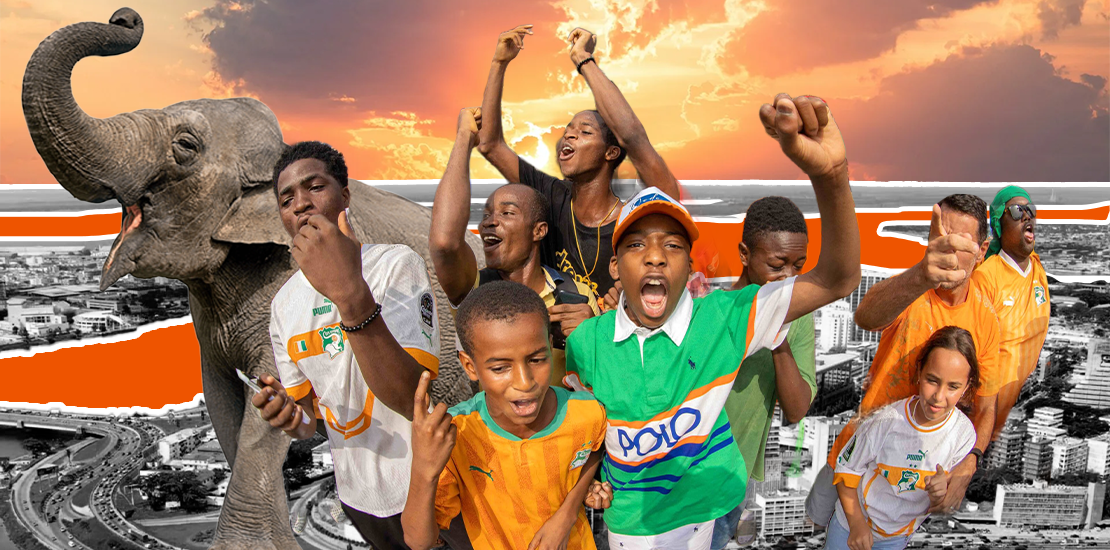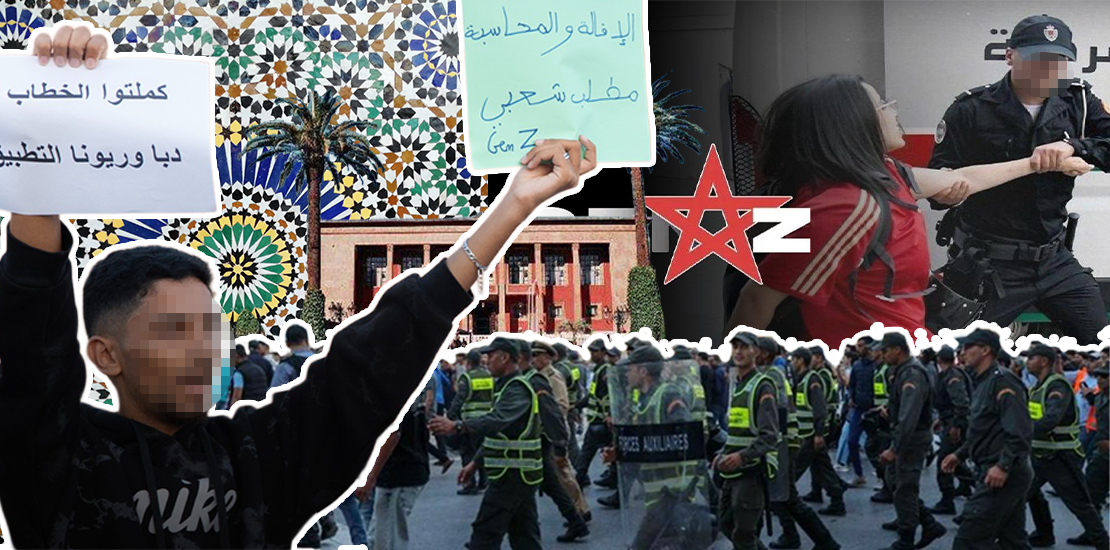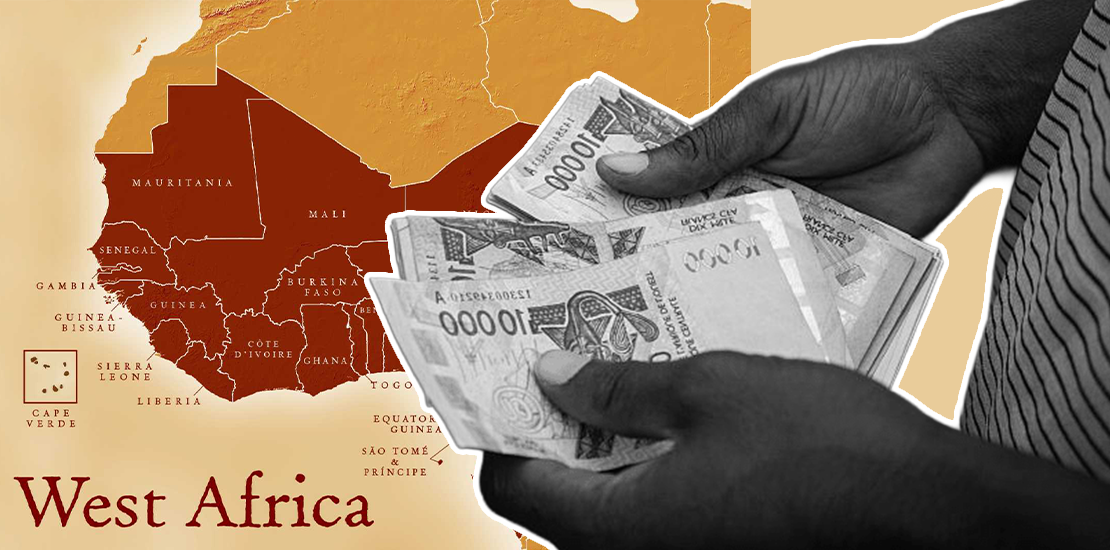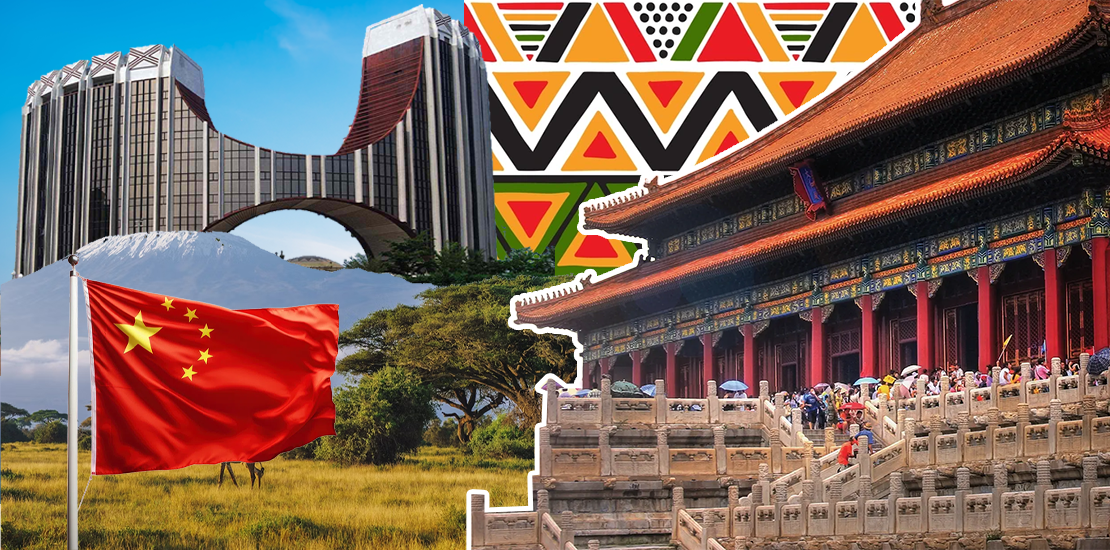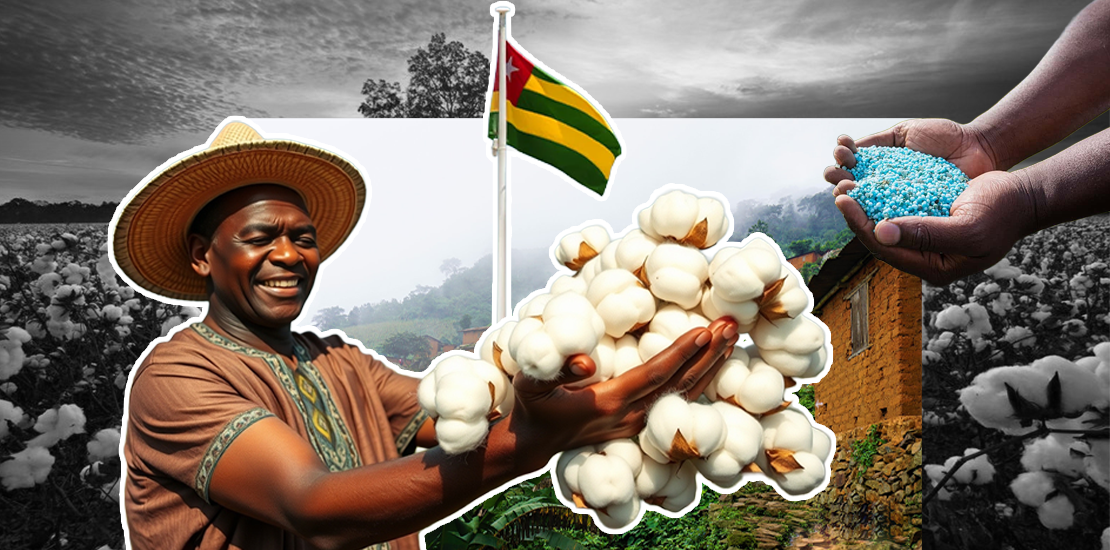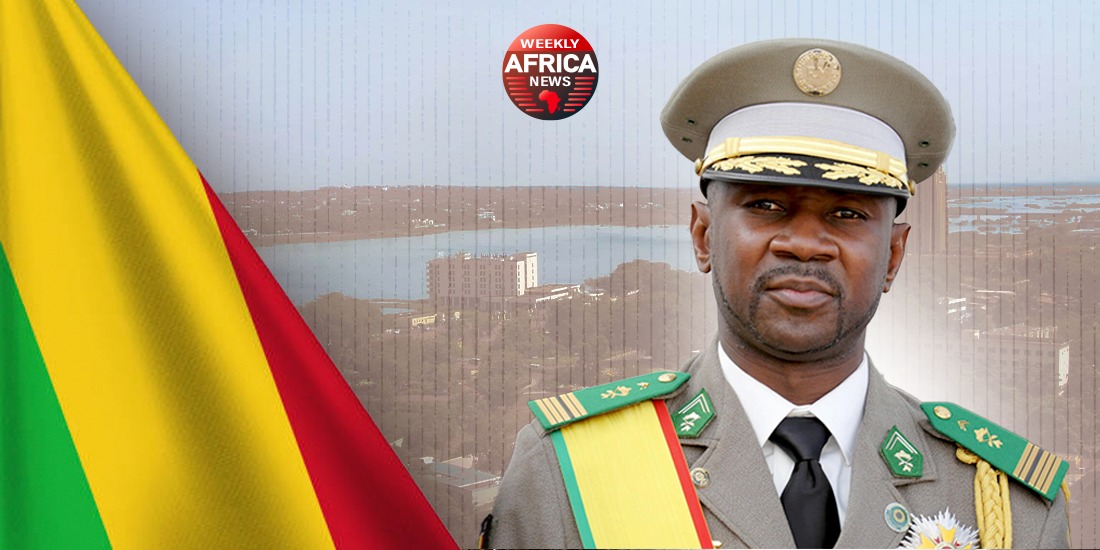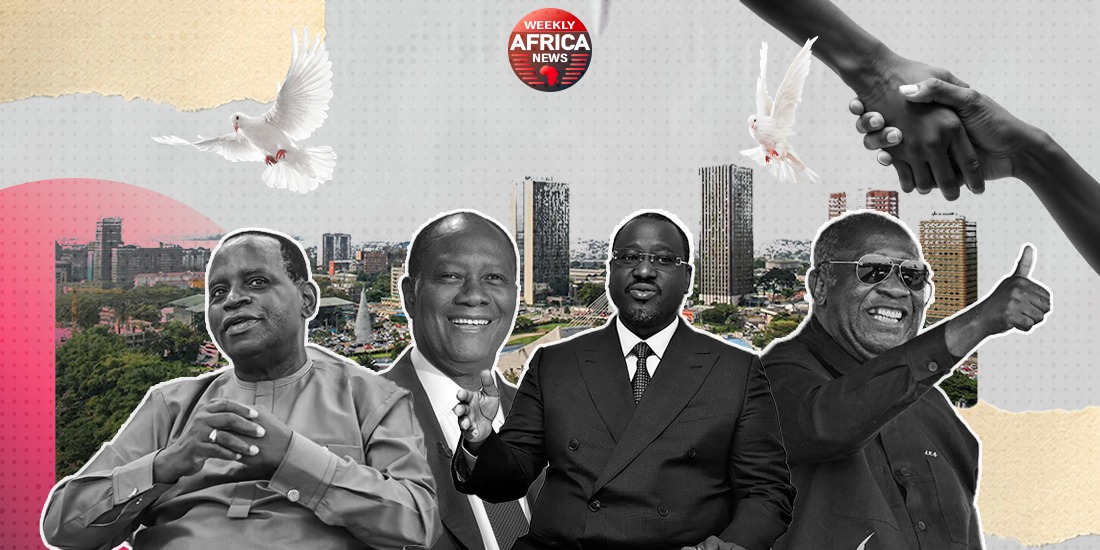Libreville, a rainy Sunday in March. In the tropical rain, a flock of white doves rises into the sky, released by priests in honor of General Brice Clotaire Oligui Nguema. The scene, at once solemn and hopeful, illustrates the fervor surrounding the president of Gabon’s transitional government. Already the day before, crowds of citizens and soldiers acclaimed this atypical head of state at a large rally. These enthusiastic demonstrations are part of an unprecedented movement that has set the country ablaze: the Rassemblement des Bâtisseurs (Builders’ Rally). Launched by the President of the Transition himself, this vast popular movement aims to lay the foundations for a new Gabon, freed from the old order and resolutely turned towards national rebuilding. The question is: will this inclusive, patriotic movement be capable of fundamentally rebuilding the country, and of delivering on the promise of a Gabon “reborn from the ashes”? A movement for national unity around the “Builder-in-Chief”.
“One people, one leader, one vision, one direction, one movement”: this is the credo that has been spreading across Gabon in recent weeks. In just a few days, the Rassemblement des Bâtisseurs (RDB) has gathered around Brice Oligui Nguema a myriad of civil society associations, trade unions, political parties and personalities from all walks of life. Over 1,200 associations have already joined the platform, soon to be joined by hundreds of individual citizens committed to this collective adventure. The movement’s headquarters, north of Libreville, is packed to the rafters with opinion leaders, local executives, young activists and traditional elders. The watchword is clear – build together. “All Gabonese who share the candidate’s vision are invited to join the platform”, declared Maître Anges Kevin Nzigou, RDB general coordinator, at the official launch on March 12. On that day, Brice Oligui Nguema, stepping out of his general’s uniform for a while, presented his approach under the banner of “Les Bâtisseurs”, symbolizing a collective ambition: to rebuild Gabon on new foundations.
This extraordinary mobilization transcends traditional partisan divides. Figures once opposed to each other are standing shoulder to shoulder in support of the transition’s strongman. Citizen associations formerly critical of the government, such as Pour le Peuple (PLP), are now pledging their allegiance, hailing a “convergence of visions” with the president’s program. Even heavyweights from the former regime and the moderate opposition are joining the movement, convinced that this is no longer a time for personal quarrels, but for a sacred union for the country’s future. In the province of Haut-Ogooué, the historic stronghold of the deposed dynasty, traditional elders have publicly called for a vote for the man they now call the “Builder-in-Chief“. In just a few weeks, Brice Oligui Nguema has become a unifying figure around whom the hopes of a people have crystallized. Should be interpreted as a mere passing fad, or as the beginnings of a lasting refoundation? The challenge facing the Rassemblement des Bâtisseurs is to transform this fervor into a genuine national project, anchored in the values of progress, solidarity and dignity.
If the Bâtisseurs movement has attracted so much support, it’s because it is based on a transition record that is already rich in strong actions. General Oligui Nguema came to power in a coup on August 30, 2023 – ending the Bongo family’s 55-year reign – and quickly demonstrated his determination to break with past practices. In the days following his seizure of power, the Gabonese people were stunned and applauded to discover images of suitcases of cash seized from the homes of dignitaries of the former regime. On public television, the son of ex-president Ali Bongo and several ex-barons were paraded in front of mountains of cash presumed to have been embezzled. The new head of state had just set the tone: the predation that marked the previous era would no longer be tolerated. Facing some 200 Gabonese business leaders summoned to the palace, Brice Oligui Nguema thundered against the endemic corruption of public contracts and over-invoicing: “This situation can no longer continue and I will no longer tolerate it”, he declared firmly, enjoining operators to show patriotism and return to the State the money unduly collected. “The party’s over” for profiteers of all stripes, he warned, reflecting a thirst for virtuous governance widely shared by the population.
In parallel with this anti-corruption crusade, the Committee for the Transition and Restoration of Institutions (CTRI) set about rebuilding the country’s political and institutional architecture. A transitional legislative assembly, including civilians and moderate opponents, was set up. In a highly symbolic move, in September 2023 Brice Oligui Nguema appointed a transitional Prime Minister from the opposition, the economist Raymond Ndong Sima, thus underlining his concern for openness and inclusiveness. Under the aegis of the CTRI, a new draft constitution was drawn up and submitted to the people. “We have a rendezvous with history”, proclaimed the General-President ahead of the constitutional referendum in November 2024. The text adopted, hailed as a turning point, introduces for the first time in Gabonese history a limit on the number of presidential terms to two seven-year terms, and bans family succession at the top of the State. Gone is the prospect of another dynasty for life: from now on, no one will be able to reign for decades as the designated heir. Another major change approved was the abolition of the office of Prime Minister in the new Constitution, in order to streamline the executive, while French was made the official working language – a symbolic detail reflecting the desire for institutional normalization. With this gesture, the transitional regime wanted to show that it was paving the way for a calmer, regenerated democracy, by making a clear break with the excesses of the old system.
Above all, Oligui Nguema has not lost sight of the population’s daily needs. In the space of a year and a half, palpable social advances are beginning to see the light of day, restoring credibility to the State’s word. The health sector, which had been in dire straits for years, is benefiting from unprecedented interest: 1,200 new posts have been opened to recruit medical staff, regional blood transfusion centers have been created, and shipments of modern medical equipment have been deployed to hospitals. What’s more, the President of the Transition has ordered essential medicines and consumables to be provided free of charge in seven of the country’s major hospitals, a humanitarian measure welcomed by the population. “We should be proud of the extraordinary work the President is doing to improve our healthcare system,” enthuses Dr Wenceslas Yaba, coordinator of the Samu Social Gabonais, who describes CTRI’s achievements in the healthcare field as “unrivalled” in such a short space of time. Similarly, in the field of education, long the poor relation, a strong signal has been given. On the occasion of National Teacher’s Day, Brice Oligui Nguema paid tribute to the “heroes of knowledge” and announced a series of concrete measures: payment of long-awaited salary arrears, regularization of blocked administrative careers, a plan to extend school infrastructures, and even the allocation of plots of land to deserving teachers to reward them for their dedication. Never, say the unions, has a government so quickly acceded to the teaching profession’s long-standing demands. Finally, aware that a country’s wealth also depends on its roads, bridges and electricity, the transition regime has launched road rehabilitation projects across the country and promised to tackle the chronic load shedding that regularly plunges neighborhoods into darkness. Everywhere, signs of renewal are visible, bringing a breath of optimism after years of stagnation.
In less than two years, General President Oligui Nguema has laid the foundations for a profound transformation. This dazzling trajectory has generated exceptional popular support – the very driving force behind the Rassemblement des Bâtisseurs. The question remains, however: will this momentum be enough to reshape Gabon in the long term? In the short term, the initiative has already succeeded in resurrecting hope and reunifying a nation wearied by decades of oligarchic monopoly. On the international scene, many are watching with interest this Gabonese laboratory, where attempts are being made to reconcile military transition and rapid democratic legitimization. The anticipated presidential election on April 12, 2025, designed to return power to civilians through the ballot box, is the expected outcome. Brice Oligui Nguema himself, yielding to the insistent appeals of his supporters, has resolved to run for the supreme magistracy in order to “continue the work of reconstruction”. “After careful consideration and in response to your many appeals, I have decided to stand as a candidate in the presidential election”, he officially declared in a speech in Libreville, outlining his vision of a Gabon rising from the ashes. In accordance with the new electoral law he promulgated, the general had to temporarily leave his uniform to campaign as a private citizen – a highly symbolic gesture which shows that the time for politics has come. If elected, Oligui Nguema promises not to cling to his military rank: he will govern as a civilian, and even guarantees that at the end of his mandate, he will respect the rule of term limits. “Seven years at the head of the country will not change my way of thinking and acting”, he assured his fellow citizens, stressing that he would remain faithful to his values of pragmatism and probity. And should he be defeated – a possibility that no observer is seriously considering, given his current popularity – the general asserts that he would “go back to the block”, in other words, that he would accept the verdict of the ballot box and return to service in the army.
Naturally, some critics, including opponents who had stayed away from the RDB, denounced what they saw as a concentration of power around a single providential man. The new Constitution, they say, would be tailor-made to allow a charismatic leader to reign supreme for fourteen years, even if only by electoral means. However, it is clear that these reservations are not being widely echoed, as Gabonese society is so thirsty for renewal. Now is the time for lucid optimism. Optimism, because the first results are in, and a disillusioned people seems to be regaining hope. Lucid, because Brice Oligui Nguema himself reminds us that nothing will be possible without everyone’s support, without a shared work ethic and patriotism. “I am a builder and I need your courage, your strength, to build this country”, he declared to applause, asserting that the rebuilding of Gabon will be the collective work of its sons and daughters.
In this sense, the Rassemblement des Bâtisseurs is much more than just an electoral platform: it’s a call for unity and for everyone to take responsibility for the country’s destiny. By bringing together former adversaries, restoring the voice of civil society and involving the nation’s driving forces, this movement is outlining the contours of a new Gabonese identity, reconciled with itself. Of course, there is still much to be done to put this into practice: promises must be kept, institutions consolidated and good governance sustained beyond the state of grace. The task is immense. But for the first time in ages, many Gabonese want to believe. “Give us your confidence and your energy, and together we’ll build a Gabon worthy of envy,” proclaims a man close to the president. With just a few days to go before a historic election, it’s time to start dreaming of a new future. If Brice Oligui Nguema succeeds in transforming the Rassemblement des Bâtisseurs trial into a genuine refoundation, he will write his name in gold letters in the history of a Gabon finally regenerated. The boldness of this atypical transition will have paid off: against all the odds, it will have given the Gabonese people back the keys to their destiny, and set the nation resolutely on the path to a long-awaited renewal.

